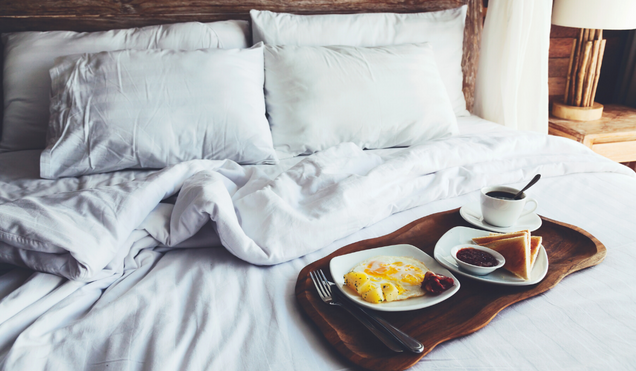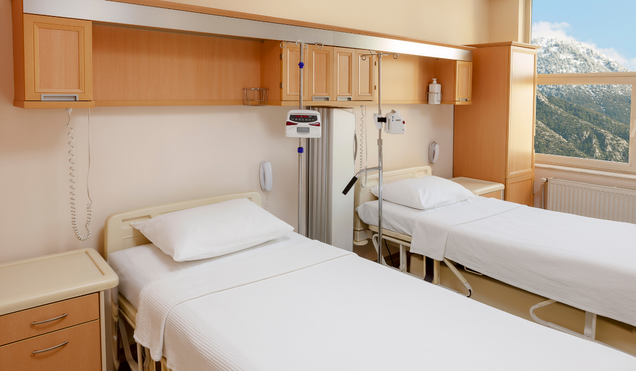Hotel and Lodging Research

Not in my backyard? Is the anti-Airbnb discourse truly warranted?
By Makarand Mody Abstract The sharing economy, and Airbnb in particular, has emerged as one of the most contentious issues of recent times. The company has experienced rapid growth in its decade of operation, supported by strong consumer demand that is increasingly substituting that for the conventional hotel product (Guttentag & Smith, 2017; Hajibaba &... More

Hotel-like hospital rooms’ impact on patient well-being and willingness to pay: An examination using the theory of supportive design
By Makarand Mody Abstract The study aims to examine how features that foster a sense of control, create positive distractions and provide access to social support influence patients’ well-being and, subsequently, their likelihood to choose hotel-like hospital rooms and their willingness to pay higher out-of-pocket expenses for such rooms. While there is... More

Forecasting hotel demand uncertainty using time series Bayesian VAR models
By: APOSTOLOS AMPOUNTOLAS, Ph.D. Abstract Demand uncertainty is a fundamental characteristic of the hospitality industry. Hotel room inventory is fixed, and devising an accurate daily demand measurement is a key operational challenge. In practice, it is difficult to predict the industry stability and capture demand uncertainty, so the industry relies on demand... More

The Influence of Hospitable Design and Service on Patient Responses
By Makarand Mody Abstract A study of 216 respondents examined a medical center environment’s influence on patient responses. A stimulus–organism–response (S-O-R) model was adapted to the theory that more hospitable healthcare servicescape elements will affect patients’ overall satisfaction with healthcare experience, loyalty intentions, and willingness to pay out-of-pocket expenses for healthcare services. More

Hospitality healthscapes: A conjoint analysis approach to understanding patient responses to hotel-like hospital rooms.
By Makarand Mody Abstract In an increasingly competitive market, healthcare providers are incorporating best practices from the hospitality industry to improve the patient experience. The present study offers a model of hospitality healthscapes to provide a patient-based perspective of the infusion of hospitality into healthcare. A study of 406 respondents examined the... More